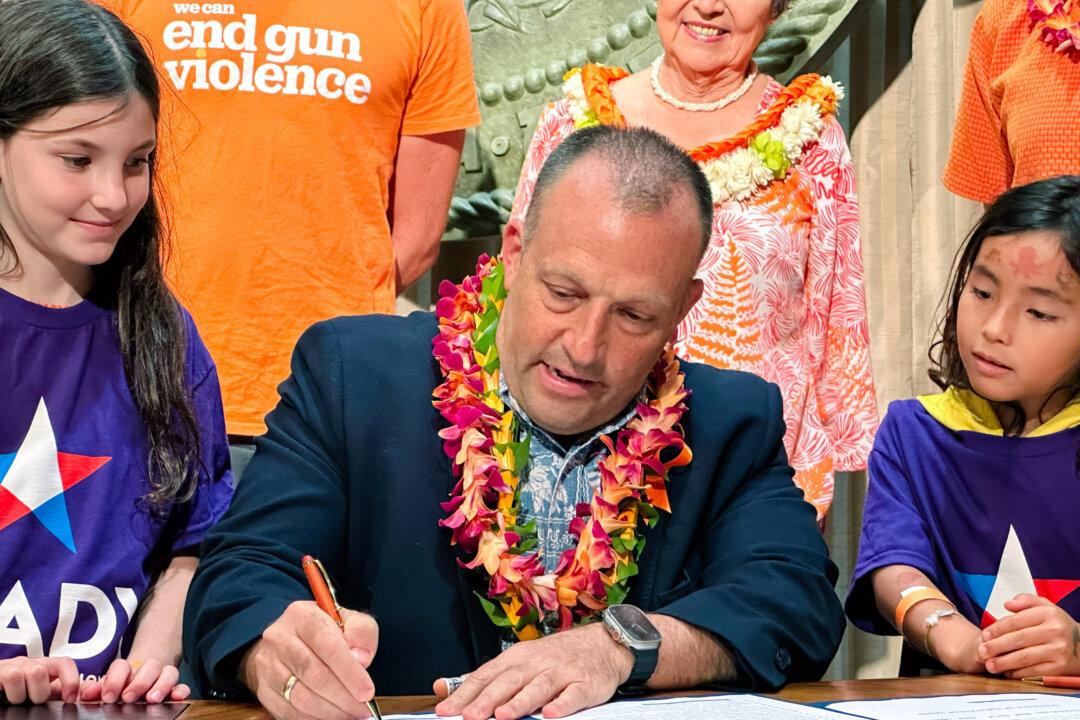Hawaii’s Supreme Court has ruled that the state does not provide a constitutional right to carry firearms in public, a deviation from the U.S. Supreme Court’s 2022 decision that affirmed such a right.
In December, Christopher Wilson was charged with a felony for violating three gun laws in Hawaii. Two of these laws restrict the possession of firearms and ammunition to the owner’s residence or business. A third law, HRS Section 134-9, authorizes the chief of police in each county to issue licenses for carrying firearms.





